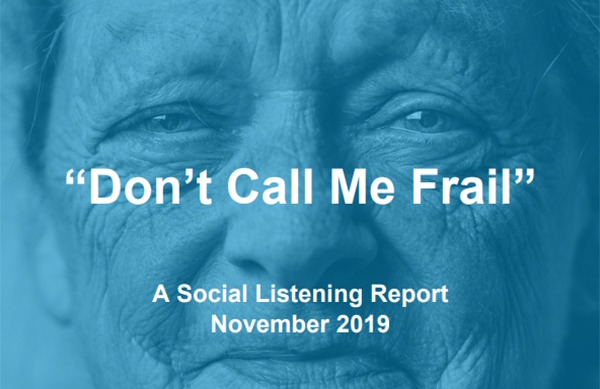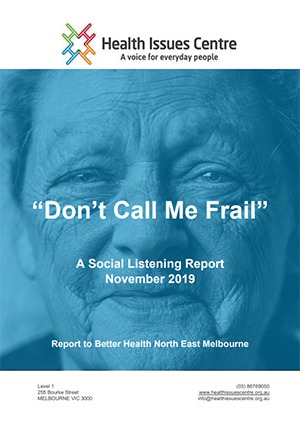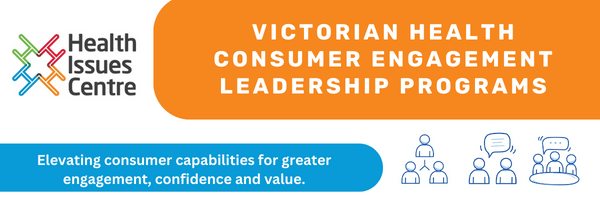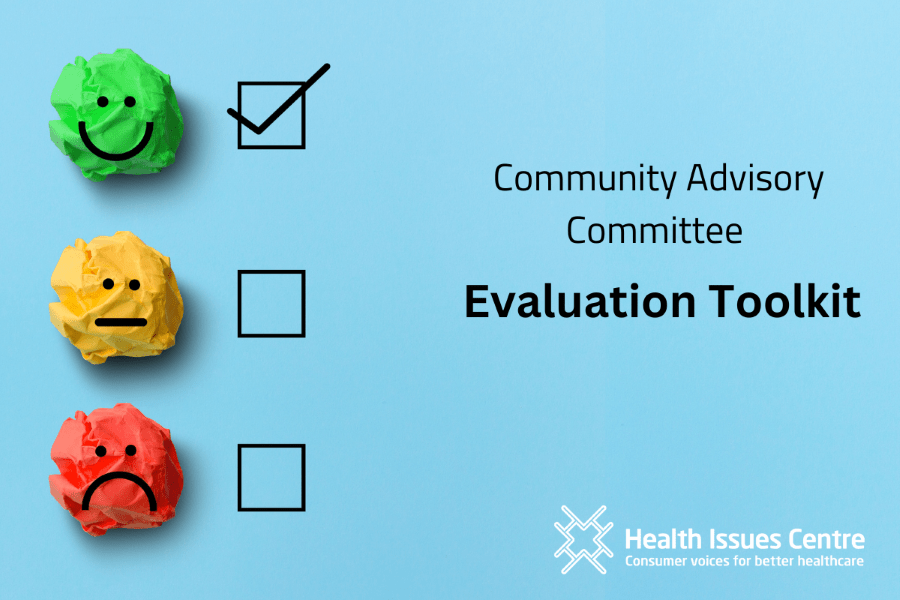Stigma a barrier to uptake
The health and wellbeing of older people is being put at risk by the use of terms associated with old age, a new study by Better Health North East Melbourne has found.
Older people are less likely to use health and wellbeing services that are labelled with terms such as ‘frail’ and ‘geriatric’ because of the stigma associated with them. The research, conducted by the Health Issues Centre on behalf of Better Health North East Melbourne found that the use of these terms reduces the self-confidence of older people and discourages them from accessing health care they may need.
Many people in the study felt that their health conditions were dismissed as just being part of old age and therefore appropriate help wasn’t given. Having a negative perception of ageing can shorten an older person’s life by seven and a half years, which makes it a bigger health risk than smoking or lack of exercise.
This study set out to understand older adults’ perception of terms associated with ageing and to understand what terminology is preferred, in order to increase access to health services and improve the health and wellbeing of older people.
The study found that it is most important for older adults to be defined as individuals rather than by their conditions or a label associated with age. If labels are required people preferred the terms ‘elder’, ‘older adult’ or ‘senior’.
Whilst most health professionals do not use these terms to personally address older people, there is a stigma attached to any association with the terms.
“As health care providers we have a responsibility to make sure our services are as accessible as possible, especially for more vulnerable populations”, said Mick Geary, Chair of Better Health North East Melbourne.
“Using positive, respectful language is an important step in ensuring people can engage with services and are empowered to actively participate in their own care”, Mr Geary continued.
The report recommends reframing health care interventions to use positive and optimistic language that builds upon older adults’ own positive attitude and resilience which they draw upon to face the challenges of ageing positively. This includes renaming the ‘Comprehensive Geriatric Assessment’ to the ‘Retaining Independence Plan’ and ‘Living well plan’.
View full report here: Dont-call-me-frail_Social-listening-report-FINAL-Nov-2019






